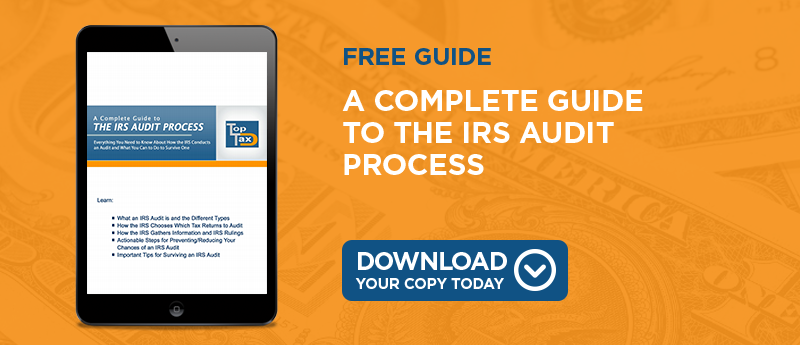
The Internal Revenue Service has sweeping power to collect back taxes from individuals who are delinquent on their accounts. The agency has the authority to place liens on property, seize assets, and freeze bank accounts, all in an attempt to collect back payments. However, there are limits to what the IRS can do to collect due taxes. For example, the agency only has a limited amount of time to pursue collections. There is a limit on IRS tax collections and learning about that timeframe can help you decide how to approach making payments on your account.
Can the IRS Pursue Tax Debt Indefinitely?
The IRS cannot pursue tax debt indefinitely. The agency can continue collection actions for a maximum of ten years. After that time expires, an individual is technically free from his or her obligations to the IRS and can go on living without worrying about their back tax debts.
How Does the 10-Year Limit Work?
While the ten-year limit may sound like a simple solution to tax issues, it's important to understand exactly how the limit works. The ten-year period does not begin from the year on the tax return. Rather, the period starts from the year that the taxes are assessed. For example, if you owe back taxes for tax year 2005, but you don't file your return until 2007, the IRS may not calculate the amount of tax you owe until 2008. This would mean that your ten-year limit would expire in 2018.
Exceptions to the 10-Year Limit
Not everyone is eligible for this collection limit, though. If you decide to file for bankruptcy during the years, your limit would be placed on hold until the proceedings are concluded. Similarly, if the IRS puts a levy on your assets, the agency may be granted more time to collect on your account.
Should You Wait Out the Collection Period?
Some tax advice may suggest that it's a good idea to just "wait out" the ten-year period. In the vast majority of cases, however, this is not a good decision. In the time it takes for the ten years to expire, your financial standing may suffer irreversible damages since the IRS can pursue all of your assets during that time. If you're having trouble paying off your back taxes, it's usually best to set up an installment plan so that you can pay off the account in small amounts over time.
Yes, there is a limit on IRS tax collections and, in a few cases, some individuals may be able to wait and be absolved of their tax responsibility. However, if you contact the IRS and work on paying off your account, you likely won't need to take advantage of the ten-year window.




